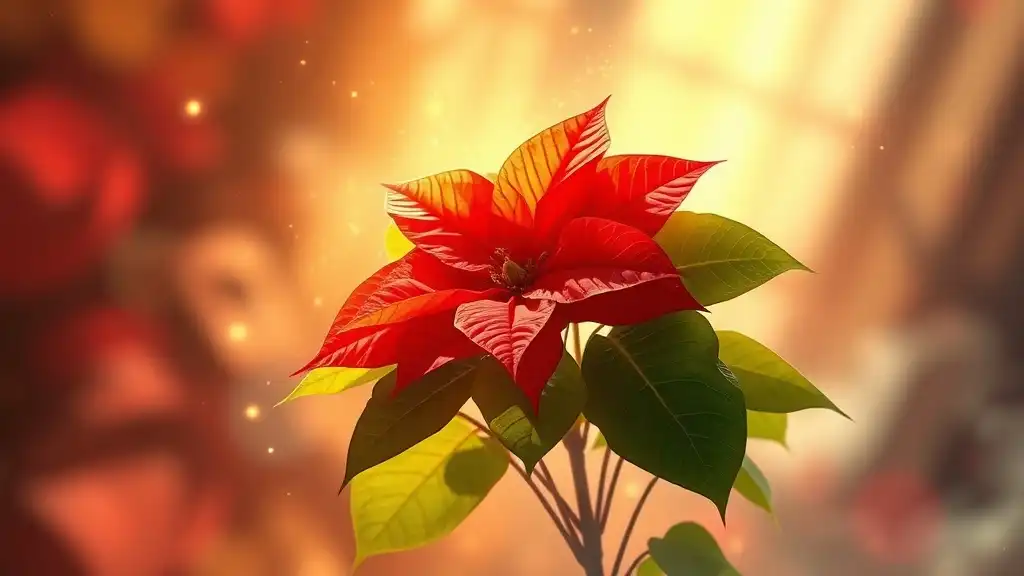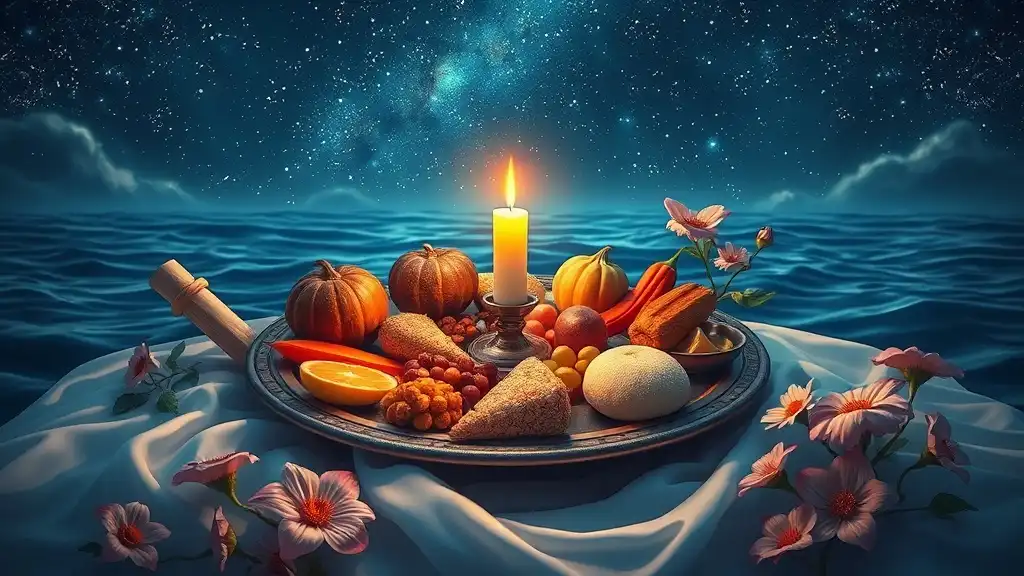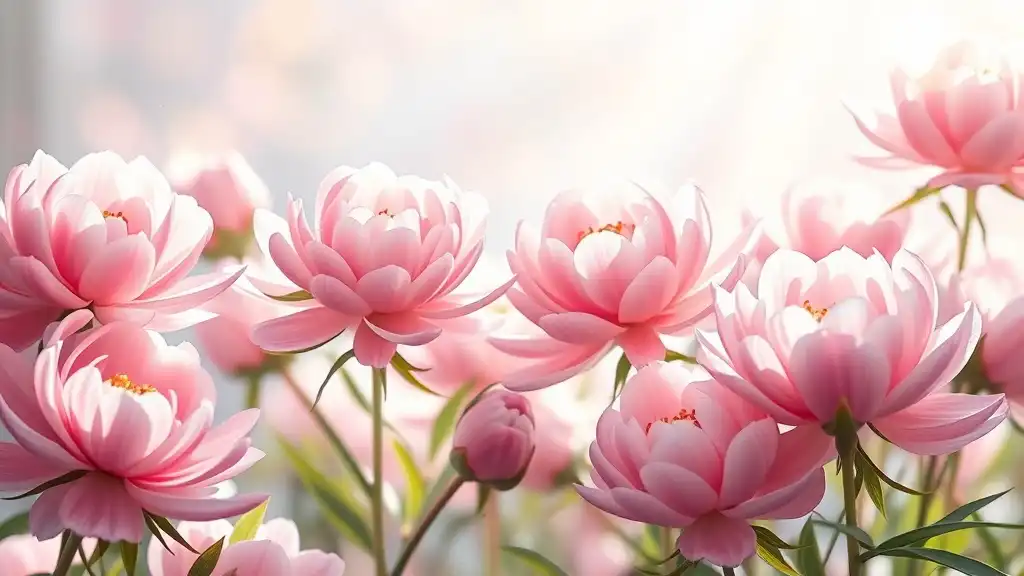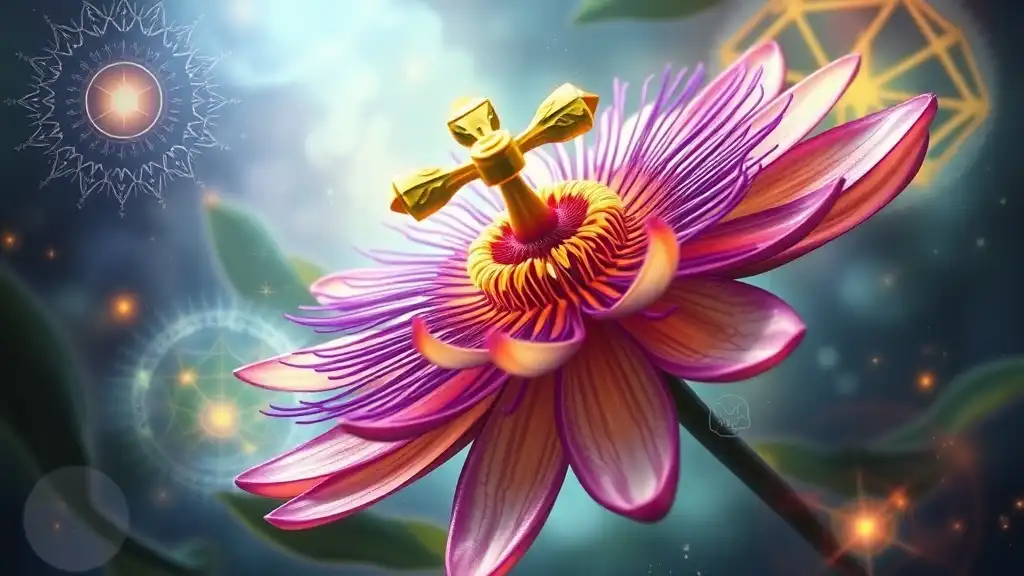Poison ivy, often recognized by its three distinctive leaflets, is much more than a mere nuisance for those who wander into its territory. Understanding its spiritual significance invites us into a deeper dialogue with nature and our own inner landscapes. This exploration can illuminate the important lessons that lie within the seemingly uncomfortable moments of life.
The Essence of Poison Ivy
Describing poison ivy encompasses more than its appearance; it speaks to the unique environments where it thrives—often within forgotten corners of lush woodlands, backyards, or along hiking trails. Its rapid growth and resilience render it a powerful force of nature. While many perceive this plant as problematic, engaging with its essence can shift our perspective to appreciate its role in the ecosystem.
Culturally, poison ivy often evokes fear, caution, and avoidance. This common reaction can limit our understanding; by examining the behavior of this resilient plant, we find parallels in our own lives. Just as poison ivy takes root in various environments, we too can grow and adapt, even in unfriendly conditions.

Spiritual Meaning of Poison Ivy
At its core, poison ivy symbolizes protection and boundaries. It serves as a reminder that personal space is sacred, and that we must honor both our own limits and those of others. By manifesting discomfort through its rash-inducing oils, the plant illuminates the significance of establishing and adhering to boundaries. This protective nature of poison ivy teaches us to cultivate awareness of our emotional landscape and recognize when our space is being encroached upon.
Toxicity and Its Lessons
Poison ivy teaches us about duality—a beautiful plant that can deliver painful consequences. This dual nature serves as a metaphor for life’s challenges; often, our most difficult experiences can foster growth and transformation. Just like poison ivy, which demands respect and caution, many of life’s important lessons come wrapped in discomfort. By embracing these uncomfortable moments, we can cultivate resilience and innovation.
Moreover, poison ivy encourages self-reflection about the consequences of our actions. When we encounter pain or discomfort, whether metaphorically or literally, it serves as a reminder to pause and consider the choices we make. Are we respecting our own needs, and are we honoring the boundaries of others?

Poison Ivy in Dreams and Intuition
Dreams involving poison ivy often carry rich symbolism. Encountering this plant in a dream might signify internal conflicts regarding personal boundaries or struggles with discomfort. By paying attention to these dreams, we can tap into our intuition, allowing it to guide us through challenges we might be facing in our waking lives.
Embracing these insights can empower us with the awareness necessary to trust our instincts. When faced with boundary violations, whether from ourselves or others, poison ivy serves as a guide to reflect upon those situations thoughtfully and perhaps take action accordingly.

Healing Properties and Spiritual Growth
Beyond its notorious effects, poison ivy has been historically recognized for its healing properties in various herbal practices. While it may seem contradictory, engaging with this plant teaches us the value of destruction in the journey towards healing. Recognizing our own toxicity—be it in relationships or personal habits—encourages self-examination and the possibility of transformation.
The journey from pain to healing is often fraught with challenges. Just as we learn to adapt to life with poison ivy around us, we can transform our most uncomfortable experiences into profound growth opportunities. Allow yourself to reflect deeply on these transformational moments, and witness how they shape your journey.

Cultural and Historical Perspectives
The folklore surrounding poison ivy is rich and varied. Many cultures have incorporated this plant into their narratives, often viewing it as a symbol of both danger and respect. Indigenous wisdom speaks to its uses in traditional medicine, wherein its properties were employed thoughtfully and intentionally, showcasing a relationship characterized by harmony with nature.
In modern spiritual practices, poison ivy has evolved into a symbol of inner strength and resilience. By exploring these historical perspectives, we can deepen our appreciation for the lessons poison ivy brings. Recognizing the value in discomfort ultimately leads us to a broader understanding of balance within ourselves and the world.

Practical Guidance for Encountering Poison Ivy
When encountering poison ivy, it is essential to address these moments with grace. If you find yourself exposed, take a moment to ground yourself spiritually. This could involve meditation, visualization, or even simply taking a few deep breaths. As you move through this experience, consider creating rituals that help you cleanse negative energy, allowing you to redirect any discomfort into healing.
In these moments of challenge, the lessons of poison ivy resonate. They remind us to hold space for ourselves while respecting the boundaries of others, to embrace the duality of life, and to recognize the discomfort that can lead to profound growth.

Conclusion
In reflecting on the spiritual lessons derived from poison ivy, we uncover messages woven into its very essence. From establishing personal boundaries to recognizing our own toxicity, the journey alongside this unassuming plant unveils depth and richness in our own lives. Through these experiences, may we foster greater respect for nature and its powerful teachings, allowing them to guide our path toward personal transformation and healing.



















